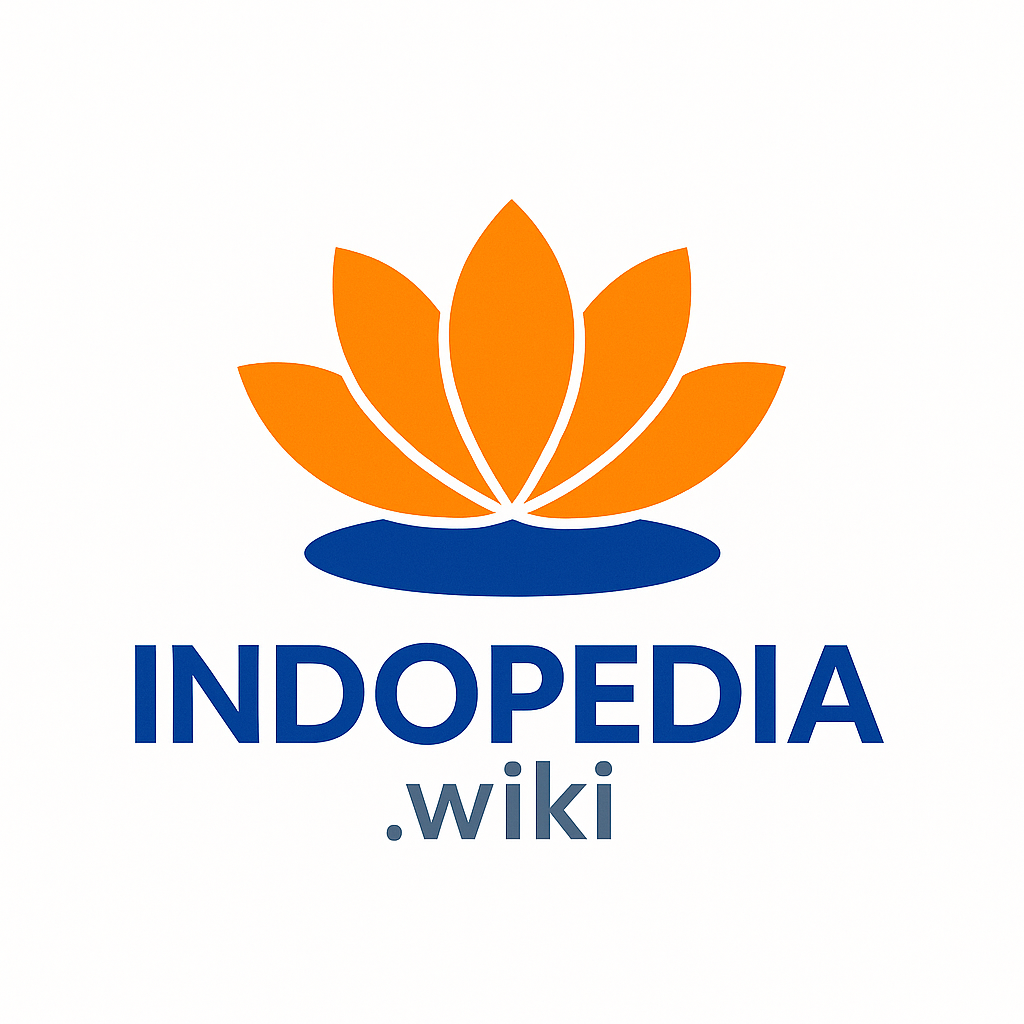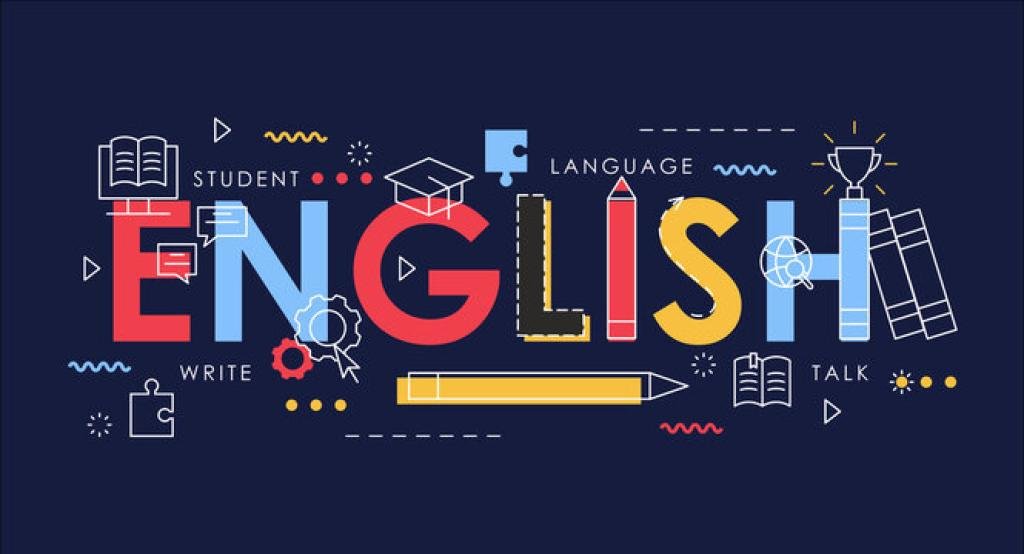In a modest classroom in Sirsa, Haryana, Abhay Singh Monga practices vowel sounds. He is about to begin his law degree at Panjab University, but before that, he has enrolled in a spoken English course at a private coaching institute. For Abhay, English is more than a language. It is a class marker. “Without English, people think you are from the backward classes,” he says. “It is an indication of your standard in life.”
His classmate, Pankaj Bansal, a young advocate, echoes the sentiment. “In court, everything — from paperwork to argumentation — is in English. If you are not confident in the language, you fall behind, no matter how smart you are.”
Their teacher, Aanchal Arora, who runs the institute, has seen this pattern often. “Most of our students come when they hit a ceiling,” she says. “They are smart, capable, but they feel stuck. They know their career will not move forward without English.”
In Delhi, Shivani Chandel, a government school teacher, shares a similar view. “For many of the middle school students I teach, especially those from lower middle-class backgrounds, learning English is nothing short of a dream,” she says. “From jobs to entertainment, English is the key to participation in modern life.”
But how did this happen? How did the language of the coloniser become the language of ambition, governance, and even resistance? What does it mean for a country to simultaneously resent and revere the same language? This journey begins with the arrival of the East India Company and their bureaucratic need for order.








